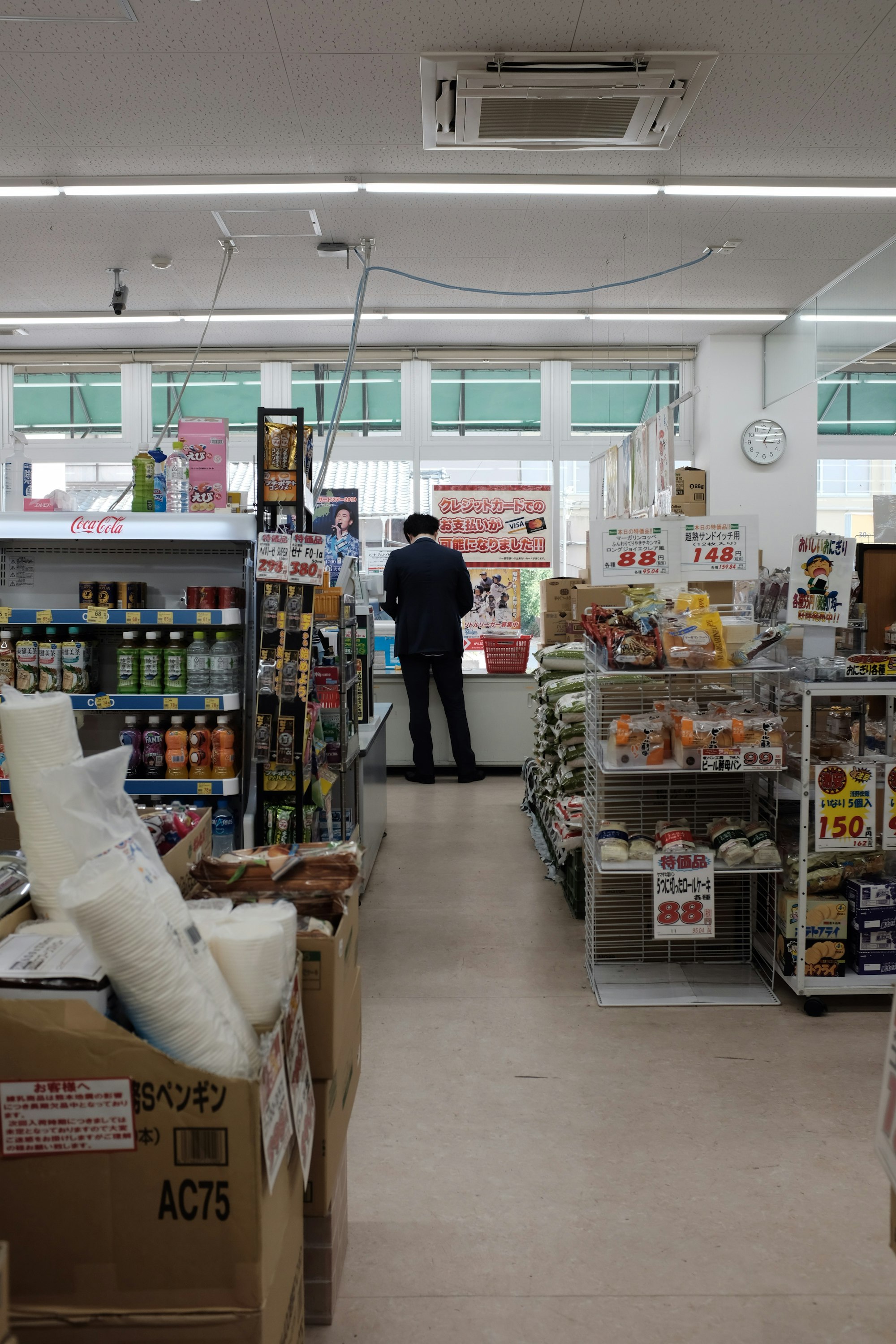I don’t know whose side you’re on,
But I am here for the people
Who work in grocery stores that glow in the morning
And close down for deep cleaning at night
Right up the street and in cities I mispronounce,
In towns too tiny for my big black
Car to quit, and in every wide corner
Of Kansas where going to school means
At least one field trip
To a slaughterhouse. I want so little: another leather bound
Book, a gimlet with a lavender gin, bread
So good when I taste it I can tell you
How it’s made. I’d like us to rethink
What it is to be a nation. I’m in a mood about America
Today. I have PTSD
About the Lord. God save the people who work
In grocery stores. They know a bit of glamour
Is a lot of glamour. They know how much
It costs for the eldest of us to eat. Save
My loves and not my sentences. Before I see them,
I draw a mole near my left dimple,
Add flair to the smile they can’t see
Behind my mask. I grin or lie or maybe
I wear the mouth of a beast. I eat wild animals
While some of us grow up knowing
What gnocchi is. The people who work at the grocery don’t care.
They say, Thank you. They say, Sorry,
We don’t sell motor oil anymore with a grief so thick
You could touch it. Go on. Touch it.
It is early. It is late. They have washed their hands.
They have washed their hands for you.
And they take the bus home.
Brown, Jericho. Say Thank You Say I'm Sorry. New York Times. June 15, 2020.
Why I Chose This Poem
The knife-sharp gratitude of this poem holds so much in what it doesn't say about why we need this reminder to touch the grief. And also how every word of this works outside of a pandemic and the literal wearing of masks. What it means to sell something you might want and can't access and still be of sincere service.
Don't miss the recording in the New York Times, which I would embed if I could

